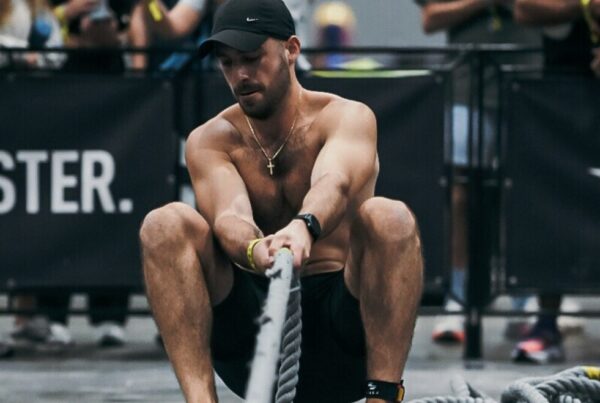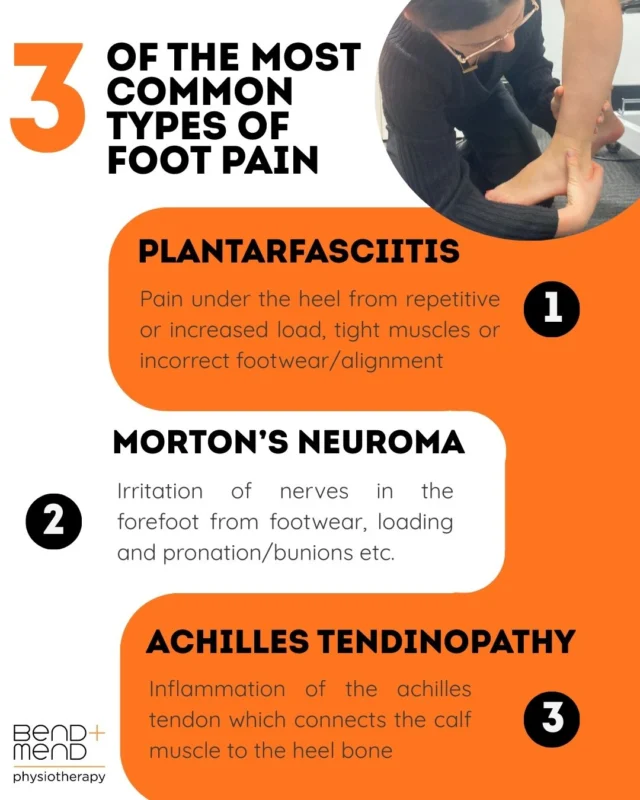As a runner myself, I often hear the importance of running training, strength exercises and proper loading. However, I think it is often missed but very important to have a look at the opposite side of the coin …. Recovery! It is such an important part of not only performance but also injury prevention. In this blog I will explore some details of recovery itself, as well as some strategies you can implement for your own running training.
What happens when you recover from exercise?
Stress and progressive overload of muscle tissue is an important physical process in the body that allows for improved performance. However, in doing this you disrupt a state of equilibrium in the body through various chemical and physiological forms. Our bodies are used to this and are great at adapting to these stressors, but the speed at which it happens depends on several different factors. Some of these can include:
- Training load
- Previous injuries or health conditions
- Psychosocial factors (I.e. Stress, anxiety)
- Appropriate levels of sleep
- Nutrition
Planning out your recovery
Setting clear targets for your recovery is as important as setting smart training goals. To make it easier to plan, consider breaking your recovery down into three separate categories.
Short term:
These are those strategies you implement directly surrounding your training sessions and are often the most day-to-day skills. Things that you may consider in this category can be:
- Warm up / cool down routines
- Planning active recovery days between your running session
- Ensuring you have enough sleep to let your body heal
Medium term:
Zooming out slightly, your medium term should look at roughly a 4-week period. These are where overuse injuries start to become more apparent as people begin to increase their training. If you are increasing your training over a period, your attention to detail in recovery must be increased to help prevent injury. Consider integrating a recovery week every 4 weeks where you decrease your training intensity and increase your active recovery strategies. Doing this will help you balance injury and performance.
Long term:
Now taking a big step back it is important to look at your training for events as a whole. Training for events may span anywhere from 12 weeks to 1 year so planning is essential! Get the good ol’ diary out and start to plan where you can implement those recovery weeks into your schedule, while getting the appropriate amounts of kilometres in a week.
Recovery can be a complex topic and sometimes difficult to tailor to your exact needs. If you need assistance with some more specific advice for your training, be sure to contact one of our Physiotherapists here at Bend + Mend in Sydney’s CBD to assist you.





